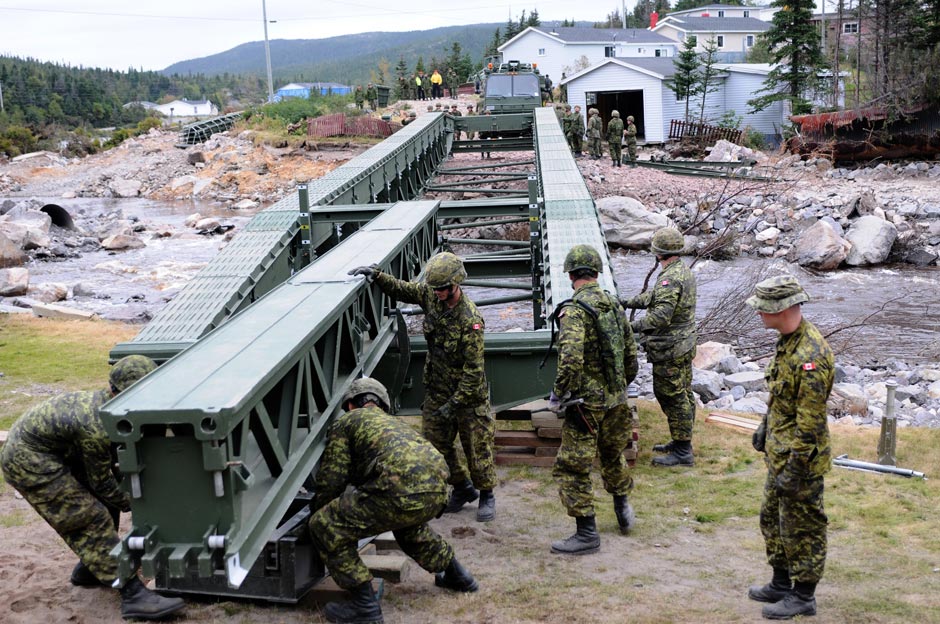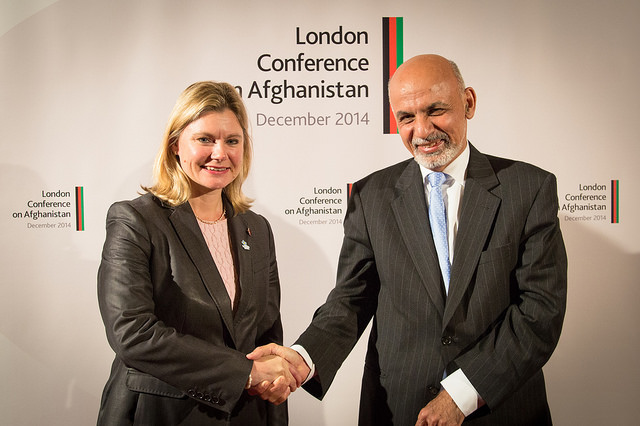The recent decrease in oil prices has caused uncertainty in the world markets for the past few months. The decrease has been a result of a price war of oil between Saudi Arabia, the largest producer of oil within OPEC, and other oil-producing countries (mainly the US). As Saudi Arabia continues to block production cuts, it hopes that the resulting fall in price will put pressure on the US producers. However, US producers have continued to increase production of oil, leading to an excess supply. Furthermore, slow growth of the global economies and decreased consumer demand have also contributed to lower prices.

So what does this mean for Canada? It depends on who you ask. For the typical Canadian citizen, a fall in oil prices will be a benefit. The direct benefit will of course be lower gas prices at the pump for Canadian motorists. The indirect benefit will stem from how consumers use the money they saved on gas. One possibility is that consumers will spend this extra money on other goods, feeding money back into the economy. This type of behavior is similar to that of which was observed following the Economic Stimulus Act of 2008 where the US government distributed grants to US taxpayers in hopes that it would stimulate consumer spending following the 2007 Financial Crisis. The stimulus proved to benefit the economy, as researchers found that the consumption of a typical family increased by approximately 3.5% after receiving the grant. Another possibility is that consumers will use the money to pay off any current debts or to invest instead of consuming more goods and services.
On the other hand, economists seem to be much more worried than the typical Canadian. With oil as Canada’s top export, the energy sector accounts for approximately 10% of Canada’s GDP. This places the Canadian economy at serious risk of suffering due to lower oil prices. Furthermore, oil-abundant provinces, mainly Alberta and Saskatchewan, are at risk of suffering the greatest losses. One of the benchmarks for world oil-pricing, West Texas Intermediate crude oil, has dropped from approximately $105 USD per barrel in June 2014 to approximately $84 USD per barrel in October 2014. Alberta and Saskatchewan’s budgets were designed assuming that the price per barrel would be around $105 USD. If the fall in oil prices continues, these provinces could suffer losses of hundreds of millions of dollars.
Other countries such as Norway and Russia, who are among the world’s top oil producers, also risk suffering losses. Russia is especially exposed to greater losses as it recently signed oil-deals with China and Iran. With no clear end to the price war between Saudi Arabia and other high volume oil-producers, Canada must develop a quick solution in order to minimize its own losses if oil prices are kept down.




